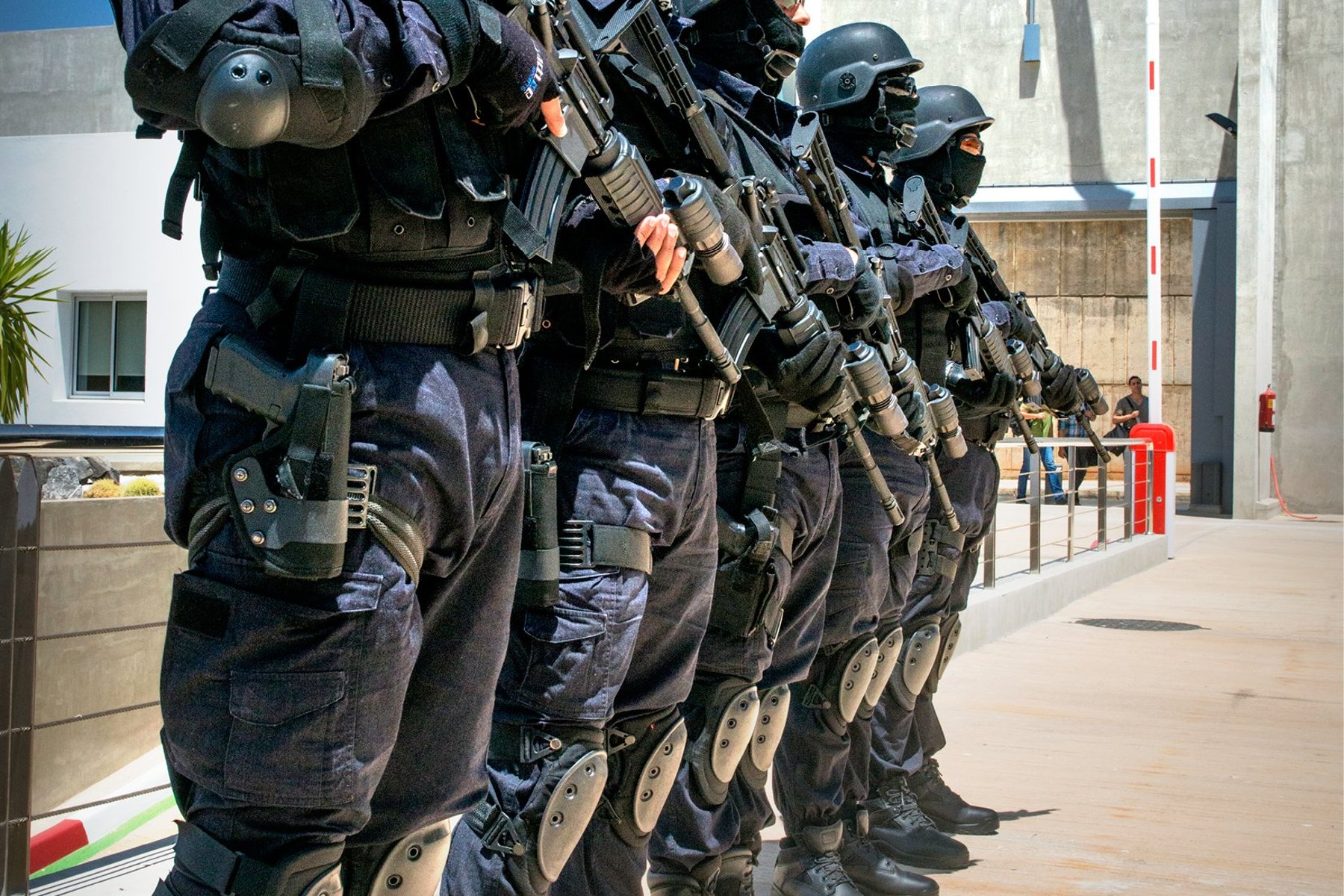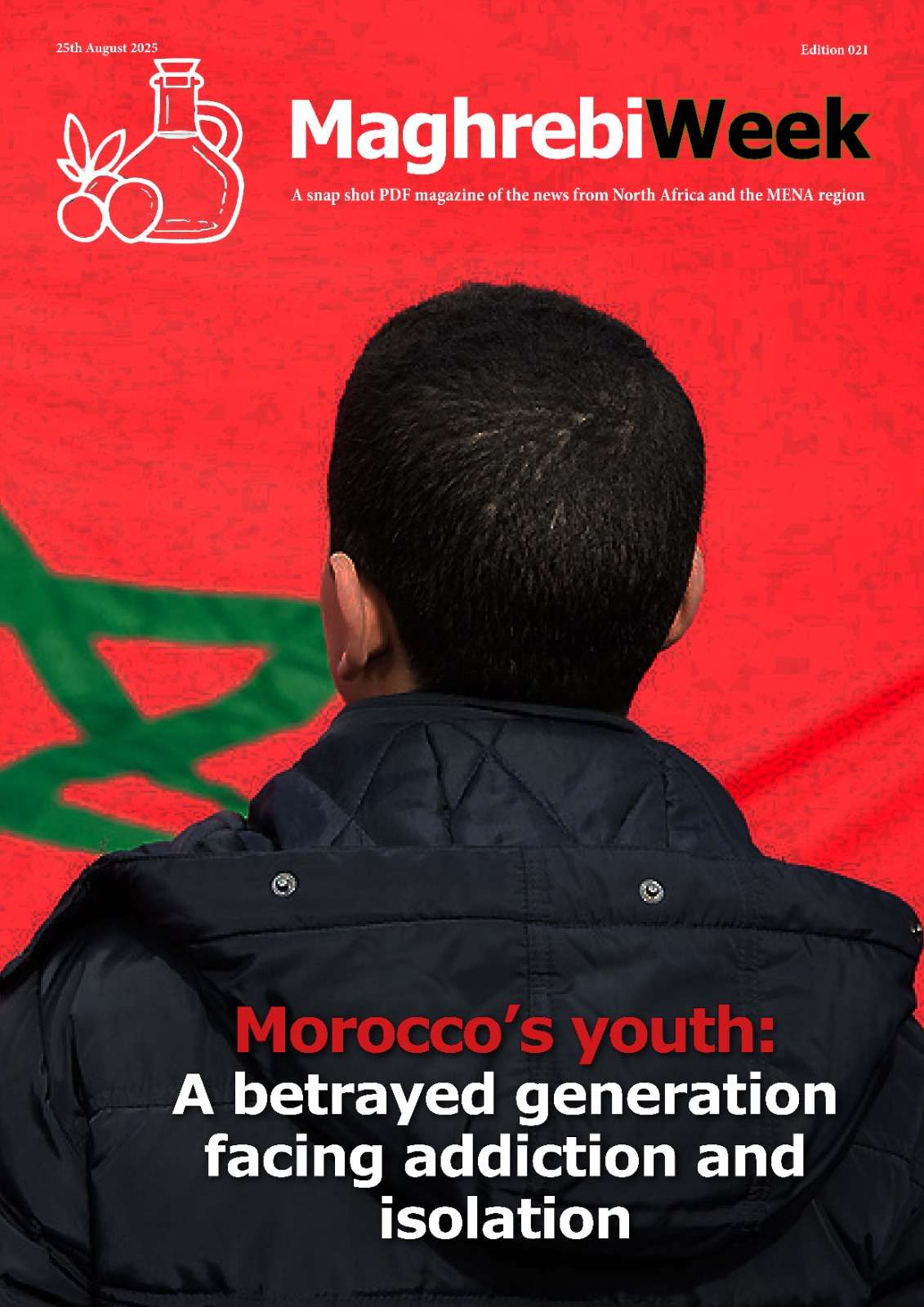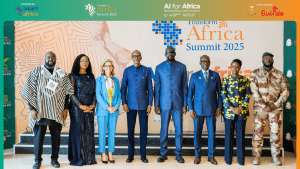Morocco’s gambit: How new intelligence agencies will shape the future

The Moroccan state has been building up its intelligence agencies for decades. Now, the Kingdom’s gambit is to bring in a new age of security.
According to the Moroccan government-friendly Daily Liberation on August 18th, Morocco is rushing to modernise its security apparatus, in line with its 2030 plan to anticipate new threats and address regional challenges.
Modern defense now grapples with a Pandora’s box of undetectable surveillance, mass disinformation, and destabilisation tools. Governments are no longer just defending their borders; frontiers have extended into cyberspace and beyond, relying on hard-to-access information to defend their interests. In other words: Intelligence.
Kamal Akridiss, an analyst at the ROCK Institute, says Morocco’s weaknesses in this realm were exposed by the 2003 Casablanca attacks, when 12 suicide bombers struck five locations in the tourist hub, killing 33 people and injuring more than 100.
The attacks catalyzed improvements in the operational efficiency of Morocco’s intelligence agencies, but also balanced them against fundamental rights in an age where the law moves slowly. Law 03-03, in particular, tightened the leash on what counted as acts of terror.
Gaining independence in 1956, the burgeoning country inherited its foreign (DGED) and domestic (DGST) service structures largely from its colonial predecessors. However, the 2003 reforms and then the constitutional changes in 2011 brought new progress. Particularly, Articles 24 and 27, which enshrined the rights to privacy and access to information, respectively, defined the agencies’ powers under the law.
A unique feature of Moroccan intelligence is that the heads of both the DGED and DGSN are the same. Since 2015, Abdellatif Hammouchi has led both of these security agencies, allowing for a centralised power and operational synergy across both organisations.
“This configuration has enabled continuous modernisation of systems, while strengthening national and international cooperation,” Akridiss said in the report.

Meanwhile, the DEGD, headed by Mohamed Yassine Mansouri, has had some success in improving Morocco’s image and reputation on the international stage by combining diplomatic and intelligence partnerships and strategies.
Moroccan intelligence services no longer face 1-dimensional threats: “They combine physical, digital, informational, and financial dimensions. This convergence requires a rethinking of both operational capabilities and the legal framework that governs them,” said Akridiss. This is not to say that the agencies don’t face setbacks or challenges in the present, but merely staying on top of a rapidly developing world is crucial.
In the past, local terrorism or trans-Saharan crime were the primary concerns; today, some of these threats persist, but most have evolved into cyber attacks targeting vital infrastructure, economic espionage, and deepfakes of political figures.
Morocco’s gambit to prepare for the next set of changes in intelligence work is vital: Artificial intelligence and quantum computing threaten encryption technology and even trust itself. To that end, the country has passed more reforms to counter this by protecting information systems (Law 05-20), integrating into international standards on cybercrime, such as the Budapest Convention and the Council of Europe’s 108+.
The Moroccan government has even set up an entirely new agency to facilitate efficient coordination between intelligence and justice departments in the form of the Central Bureau of Judicial Investigation (BCIJ).
The Rock Institute suggests a variety of different ways to tackle these future challenges head-on, but it boils down to a very simple concept: Adaptability –tailor the law to the speed of modern threats.
To be adaptable, Akridiss suggests bringing Article 108 up-to-date with modern requirements, such as securing the digital chain of custody for investigations. Additionally, strengthening Law 05-20 through digital simulation exercises, so the state would be able to anticipate its own vulnerabilities. But perhaps the most prescient recommendations are to transition to post-quantum cryptography and to supervise security AI. Akridiss says a technical-ethical committee with built-in appeal mechanisms for citizens would be an ideal reform for the latter.
The challenge for 2030 and Morocco’s gambit to future-proof their intelligence services means dealing with an interconnected globe, with threats that overlap domains politically, geographically, economically, digitally, and more. They must maintain their course, preparing for threats on the horizon such as AI, quantum computing, and foreign interference.
For Morocco’s gambit to succeed, it cannot afford to be complacent. As of yet, however, it remains to be seen to what extent these changes will guarantee the future of Moroccan security.
Daily Liberation (Quotidien Libération), Maghrebi.org
Want to chase the pulse of North Africa?
Subscribe to receive our FREE weekly PDF magazine














